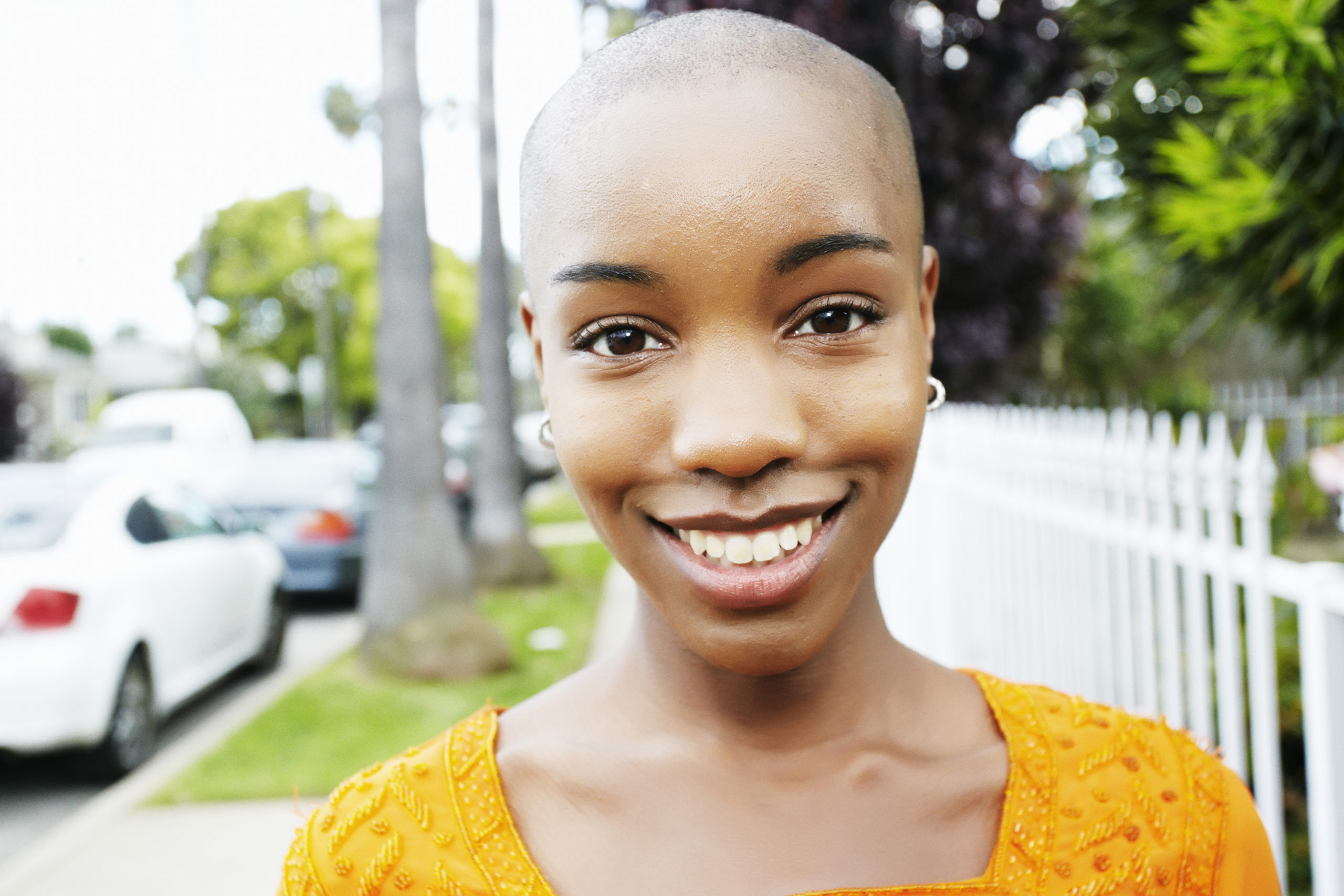
Did you know that 90% of people with lupus are women? Or that most of these women are diagnosed with lupus between 15 and 45 years old?
Did you know that like Black Breast Cancer, Black Lupus is a different disease?
It’s true. The statistics around Black women and lupus mirror the all too familiar and troubling statistics on Black Breast Cancer:
1 in every 250 Black women will develop lupus (Lupus.org); Black women are three times more likely to get lupus than white women (CDC); The mortality rate for Black women with lupus is 3 times higher than white women with lupus (Lupus Foundation of America); Black women get lupus younger and with worse symptoms (CDC); Black women with lupus also have increased rates of neurological problems such as seizures, hemorrhages, and strokes (LFA).
TOUCH, The Black Breast Cancer Alliance sat down with Dr. Monique Gary and three Black breasties—Yvonne McLean Florence, Lisa B. Jones, and Shalena Brown—to find out what Black breast cancer patients need to know about lupus.
What is lupus?
Lupus is a chronic autoimmune disease in which your immune system can’t tell the difference between your own healthy body and dangerous germs or infections, so it attacks healthy tissues and organs by mistake. As a result of this immune attack, lupus causes inflammation and pain all over the body.
There are four different types of lupus: 1) Systemic Lupus Erythematosus (SLE), the most common and the most serious that is not localized or specific to one area of the body 2) Cutaneous lupus erythematosus, which affects the skin 3) Drug-induced lupus, a shorter-term subtype induced by medications and 4) Neonatal lupus, a rare subtype that affects newborns.
Because there are so many different types of lupus, the disease can manifest in unique and changing ways for each patient. Considered a ‘diagnosis of exclusion,’ lupus can be an incredibly difficult diagnosis to pin down. The ‘exclusion’ means that patients often only receive a lupus diagnosis after a long, tedious process of elimination, during which any other possible conditions are ruled out one by one. While Shalena was diagnosed with lupus in under a year, it took years and years of experiencing lupus symptoms for Yvonne and Lisa to finally be diagnosed.
What does lupus feel like?
A Lupus Foundation of America survey found that 65% of lupus patients listed chronic pain as the most difficult aspect of lupus. Because lupus isn’t localized to one body part, the pain associated with it is more generalized as well. As such, all three women have found that doctors are likely to dismiss or brush off their pain symptoms. And as Black women, a group significantly more likely to have their pain undertreated, they have to fight for doctors to take their pain seriously.
“It’s not a matter of being a hypochondriac,” Lisa explains. “[Black women] need to go in there and say: we’re having inflammation and it’s not just arthritis.”
Other common symptoms of lupus include fatigue, hair loss, sun sensitivity, fever, skin rashes, kidney problems, swelling of blood vessels, and ulcers (CDC). It is known as ‘the great imitator’ because it can present like many other conditions and symptoms can be variable, changing or disappearing or reappearing.
In women with breast cancer, lupus symptoms can mimic symptoms of chemotherapy or radiation, like brain fog, early menopause, and fatigue. This was the case for Shalena, who started having symptoms right after her breast cancer treatments. “It was completely unexpected,” Shalena remembers. “I assumed I was having brain fog and fatigue from chemo and radiation.” Her oncologist knew something wasn’t right, though, and referred her to a rheumatologist who diagnosed her with lupus.
CHECK THIS TOO: 8 Lupus Symptoms You May Have Missed
Doctors will look often for lupus’ signature butterfly rash, which spreads out symmetrically across both of a patient’s cheeks like opened butterfly wings. They’ll also look for migratory rashes or bumps on the patient’s legs. But Black patients don’t always present with these ‘classic’ symptoms of lupus.
“It’s important to find doctors who know how to diagnose things in women of color,” Dr. Mo advises. “Because the textbooks will show you these rashes and these other things, but they don’t look like that on our skin.”

If you or any of your breasties have been diagnosed with lupus, here’s what you can do:
Know your HERstory
Hopefully, breasties are already familiar with their breast cancer HERstory and the role that genetics plays in their cancer risk or diagnosis. Knowing your family history around any disease, though, helps you to be more informed about your risk or your treatment options. Lupus is no different—scientists have identified genes that predispose Black women to developing the systemic subtype of the disease. So, make sure to find out your lupus HERstory too!
De-Stress
Black breasties are used to being superwomen—not much stops them.
“It’s really important to know when to say no,” reminds Dr. Mo. “As Black women, that’s one of the hardest things for us to say, isn’t it?”
Take it from Yvonne, who was diagnosed in her 20s as a single parent: “No was never in my vocabulary. It wasn’t until I was diagnosed with breast cancer that I said no, no more. I have to learn how to take care of myself.” Your peace is non-negotiable!
Stress takes a toll on your body. It’s important to reduce stress as much as possible so that you can rest, sleep, and re-center. Our breasties with lupus de-stress by their faith (through worship and prayer) as well as crafting, yoga, time spent with family and friends, and laughter—activities that allow them to take time for themselves and find peace.
Tackle inflammation
According to Dr. Mo, “inflammation induces cell damage and cell damage is what leads to things like cancer. It’s what leads to the symptoms and the side effects of things like lupus.”
You can reduce inflammation through acupuncture or inflammation fighting foods like tomatoes, olive oil, leafy greens, nuts, fatty fish like tuna and salmon, berries and cherries, broccoli, green tea, mushrooms, peppers, and even dark chocolate (at least 70% cocoa).

Advocate for yourself!
Don’t suffer in silence. Tell your doctor what works and what doesn’t work for you. Follow Dr. Mo’s advice: “Talk to your doctors. Ask about alternative treatments. Ask about clinical trials. Put your doctors to work.” Make sure you and your doctor are figuring out what works best for you.
Consider joining a clinical trial
Like with breast cancer trials, Black participation in lupus clinical trials is incredibly low. As a result, we don’t have the data we need on treatment effectiveness, side effects, or safety. As Lisa noted, we need more data on how medicines work in Black women so that we can develop treatments and drugs that work to fight lupus in Black bodies. Your participation in a clinical trial could do just that!
Find your tribe
Having a tribe to understand what you’re going through and support you along the way is invaluable. If you’re not sure who to talk to or where to find support, reach out to Lisa B. Jones SHARE Cancer Support Ambassador (www.sharecancersupport.org and www.facebook.com/lisafoodbytes) or Yvonne McLean Florence founder/president of Sisters Are Us Circle of Survivors (www.sistersrus.org). And reach out to us at TOUCH, The Black Breast Cancer Alliance! We’re always here for you.
For those women with lupus who are struggling with treatments, know that new research is coming. Clinical trials, like Biogen’s trial aimed at reducing lupus inflammation in the joints, will continue to give you more options in your treatment plan. Help is on the way!









